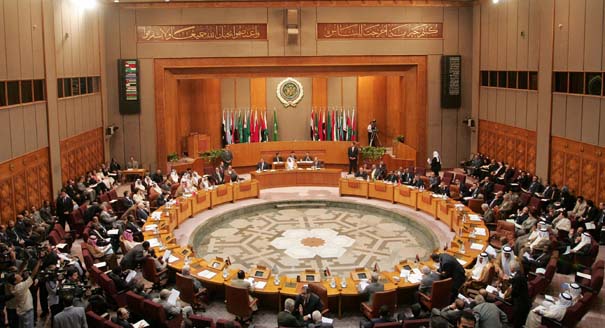The Gulf Cooperation Council (GCC) represents one of the oldest and most ambitious regional trading agreements. Its member states—Saudi Arabia, Bahrain, Kuwait, Oman, Qatar, and the United Arab Emirates—account for some 40 percent of world oil reserves.
The Gulf Cooperation Council's (GCC) ability to fulfill its role as driver of economic growth in the region would be enhanced by the following action points:
- To facilitate greater trade in goods, the GCC must work to improve logistics and reduce non-tariff barriers to trade.
- The remaining big gains to be had from Gulf regional integration are likely to stem not from trade in goods, but from increased integration of the service sector.
- Measures for better integration of services are largely embedded in the 2001 Economic Agreement, but they must be better executed.
- The weak administrative capacities of the GCC countries—as well as the political obstacles facing the GCC as an institution—add further complexity to an already extensive and ambitious agenda of economic reform. Improving administrative capacity is key.




.jpg)
